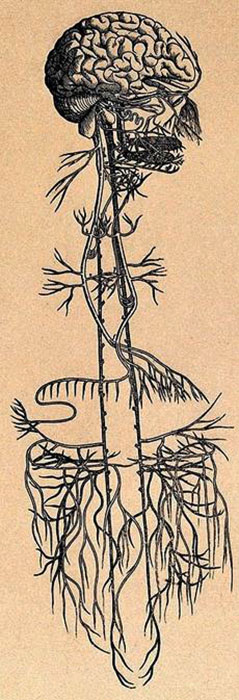321 Shutdown

Shutdown: the internal response to overwhelm, extreme stress, and/or depletion. The experience of shutdown is not a comfortable one. It is often accompanied by a feeling of anxiety or overwhelm, dread, anger, a desire to run, or even a feeling of complete numbness. You might even see yourself from outside your own body. People often talk about fight or flight reactions, and we will discuss those types of reactions in another place. For now, what we want to talk about is the experience of trying to live with a brain that is experiencing stress.
How does shutdown show itself? How do we identify it and work through it? What situations can we manage so that we can reduce the amount of shutdown that occurs? These are all great questions! Let’s jump in!
Brain fog is one of the first signs of mental shutdown for many. Brain fog is a state where your thoughts and intentions may seem cloudy, unavailable, or out of reach. Words are elusive. You might doubt your own ability to think, remember, process, notice or retain details, or identify your own feelings. https://www.ncbi.nlm.nih.gov/pmc/articles/PMC2907136/ It can be really frustrating for a few reasons. It’s frustrating to reach for a word that just doesn’t seem to be there any more, or try to read and realize you have read the same paragraph ten times and don’t remember it. It can also be frustrating for someone to encounter you in that state and assume that that is how you are all the time, and you can’t advocate for yourself. Self advocacy happens in the moments you are not shut down. Identifying your own patterns comes first.
The problem with brain fog being one of the first manifestations of shutdown is this: how do you identify and address these sensations if, from the very beginning, you can’t think clearly? That’s a really valid question. The answer is, we identify the states when we aren’t in them. We have to take some time in our “alert” mental times to plan for the “foggy, unwell” times. This is one reason a notebook is so helpful. Taking notes when you notice a feeling, or alternatively making a plan and writing it down to revisit when you need it and can’t think; these are very good strategies.
It starts with noticing what’s happening when you shut down. Did you enter a cluttered space? Did you encounter a loud noise or other source of overwhelm? Are bright lights overwhelming? Did you have a difficult conversation? Are you having health issues? Make lists of these situations, so that you can make plans to support yourself.
All these reactions are a normal state of fight, flight, freeze, or fawn.[[link]] You may not even realize that you are in such a stressed state right away. You might know exactly what caused it, or you may not. It is caused by adrenaline, and adrenaline is what your subconscious breaks out when it feels like you might need to react to a stressful situation. Sometimes people just wake up feeling this way. When it impacts your life to enough of a degree, that’s when it approaches a disorder.
For people on the autism spectrum, the first stages of shutdown are probably more recognizable for people who know you well. You have probably learned to “keep a poker face” to some extent, but the people who know you well can probably tell when you are overwhelmed. That’s the basic nature of shutdown. It’s when overwhelm keeps you from optimal functioning.
This is a response that does not really serve us well in society, as it was developed for a life in nature. When shutdown reactions happen all the time, people are reactive without thinking and without hearing. It makes it hard to show up and be your best every day. It makes it hard to show up at all sometimes. Cognitive Distortions (ways that your brain can filter or bend information to try to explain how you feel) pop up and affect your processing, your points of view, and even your memories. https://www.verywellmind.com/cognitive-distortions-and-stress-3144921
Let me repeat – when you are reacting due to adrenaline, you can’t hear things. You can’t absorb information. You might not be able to process or think and it’s really difficult to respond intentionally. Be gentle with yourself, and be organized about your approach. Developing a system of identifying sources of overwhelm, and then of ways to cope and support yourself, is key to trusting yourself. This assists in developing better coping skills and widening your area of functioning.




Responses